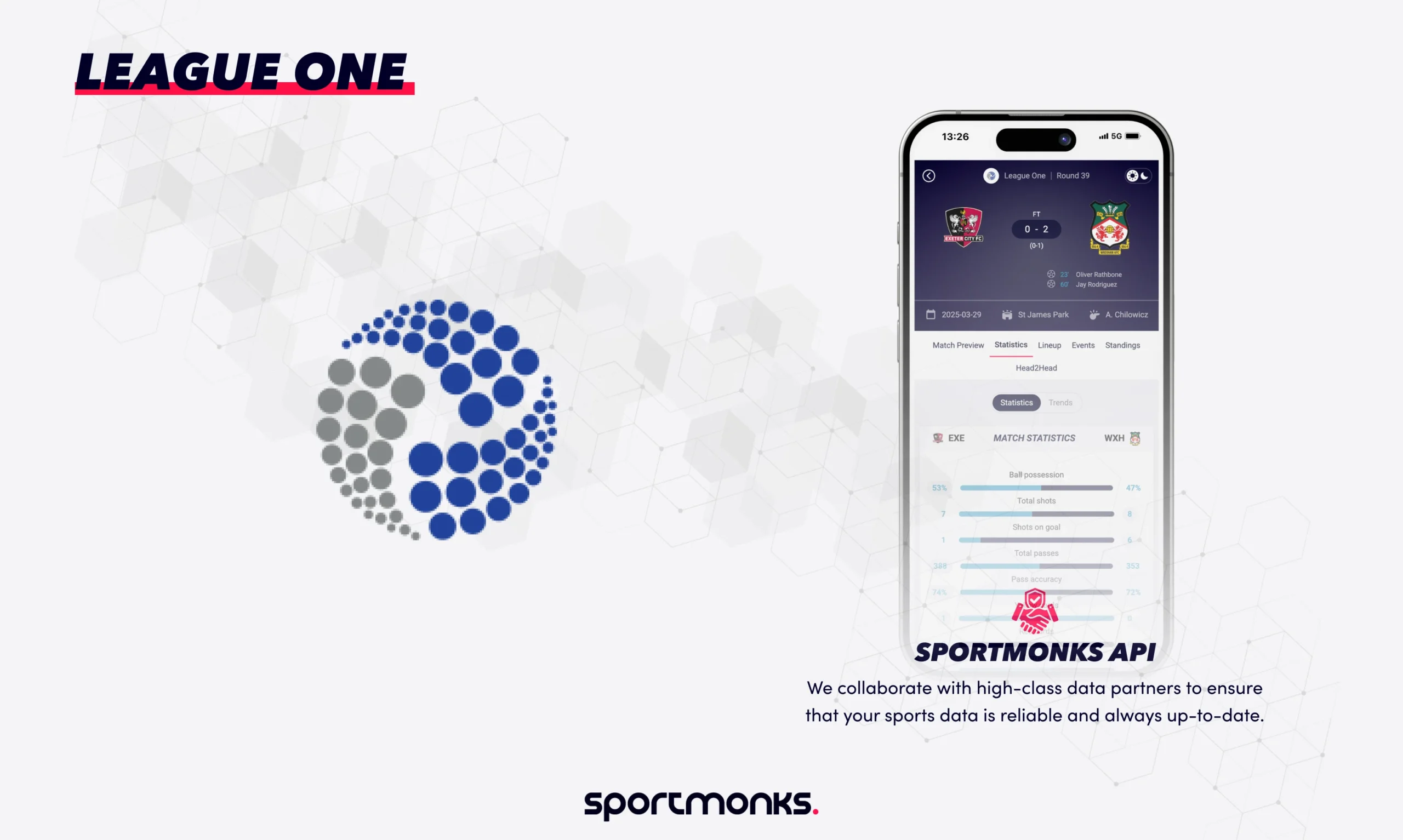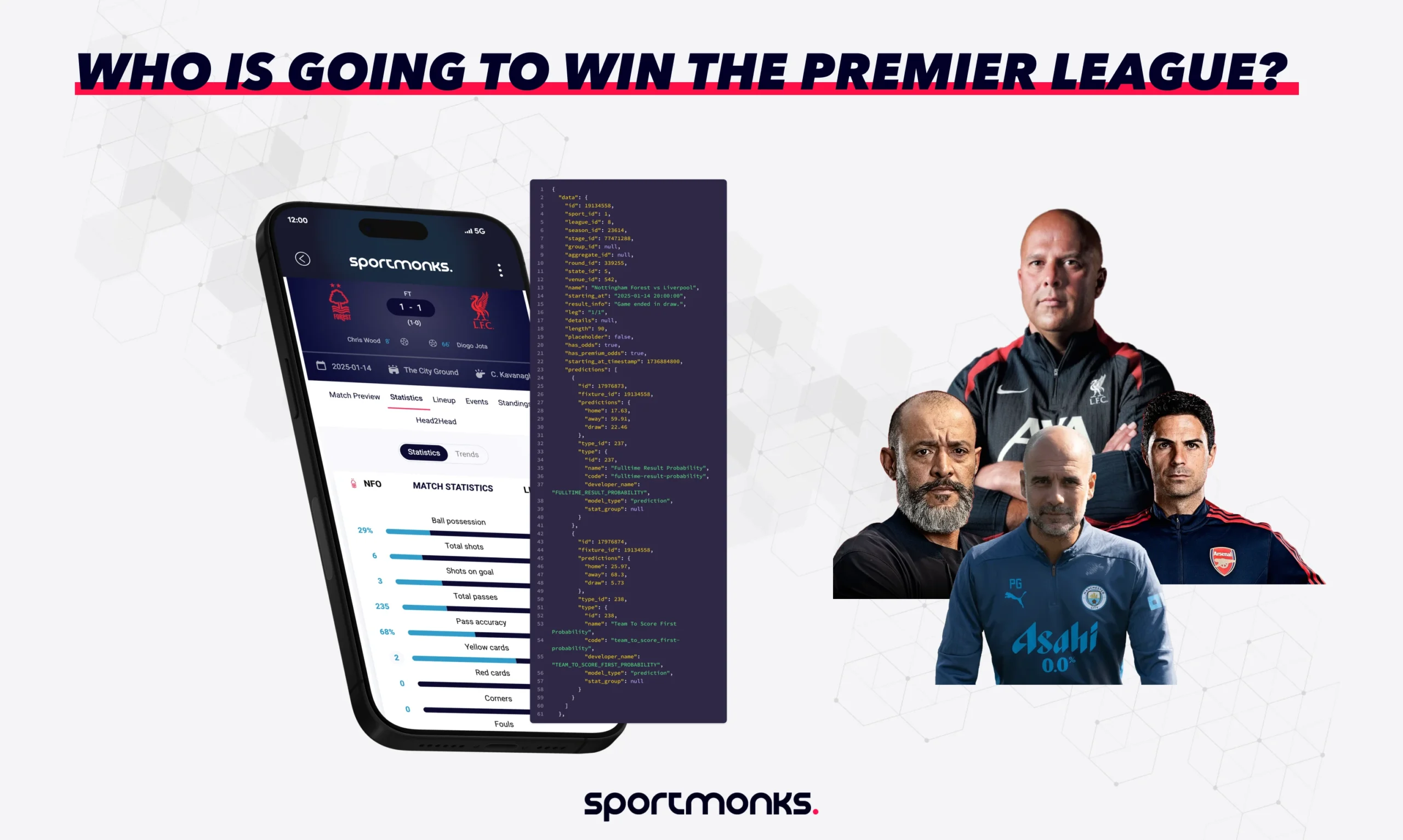
Contents
History of English league One
While the name “League One” is relatively new, the third tier of English football has a long and rich history, dating back to the formation of the Football League in 1892.
Key milestones in the history of the third tier
– 1892: The Football League Second Division is formed, becoming the second tier. What is now League One was originally the Third Division.
– 1920: The Football League Third Division is created, further expanding the football league system. This is the direct ancestor of today’s League One. It was divided regionally into North and South sections.
– 1921: The Football League Third Division North and South are introduced, reflecting the geographical spread of clubs.
– 1958: The Third Division North and South are merged into a single national Third Division.
– 1992: With the formation of the Premier League, the Football League First Division becomes the second tier, the Second Division becomes the third tier, and the Third Division becomes the fourth tier.
– 2004: The Football League is rebranded, with the Second Division becoming Football League One. This is when the name we use today came into effect.
Structure and format of English League One
It consists of 24 clubs that compete in a double round-robin format. This means each team plays every other team twice during the season—once at their home stadium and once at their opponent’s stadium—for a total of 46 matches. The season typically runs from August to May.
– Points system: Teams earn 3 points for a win, 1 point for a draw, and 0 points for a loss.
– League table: Teams are ranked in a league table based on their accumulated points. Tie-breakers, in order, are: goal difference, goals scored, head-to-head results, head-to-head goal difference, head-to-head, away goals scored (only in a two-team tie), higher league position in the previous season.
– Promotion: The top two teams in the league table at the end of the season are automatically promoted to the Championship. Teams finishing from third to sixth enter a play-off tournament to determine the third promotion spot. The play-off consists of two playoff matches (3rd vs 6th and 4th vs 5th) and a final at Wembley Stadium.
– Relegation: The bottom four teams in the league table at the end of the season are relegated to League Two.
Key English League One teams
League One is a division with a high turnover of clubs, as teams are promoted to the Championship or relegated to League Two each season. However, some clubs have a strong history in the third tier or have been consistently competitive in recent years.
Historically significant clubs currently in League One (or recently in League One)
– Portsmouth: A former Premier League club and FA Cup winner, Portsmouth has spent several seasons in League One in recent years. They have a large fanbase and a history of success at higher levels.
– Sheffield Wednesday: Another historically significant club with a large fanbase, Sheffield Wednesday has also spent time in League One. They are a club with ambitions of returning to the Championship and beyond.
– Bolton Wanderers: A former Premier League club and FA Cup winner, Bolton has also experienced recent spells in League One.
– Ipswich Town: A former Premier League club and UEFA Cup winner, Ipswich Town has also been competing in League One in recent years, and are currently in the Premier League.
Clubs consistently competitive in League One
– Plymouth Argyle: Plymouth have been a consistent presence in League One in recent years, often challenging for promotion, and did secure promotion in the 2022/23 season after winning the league.
– Derby County: A historically big club, were in League One as recently as the 2023/24 season before finishing second and securing promotion to the Championship.
– Oxford United: Oxford United have been a stable League One club in recent years, often finishing in the mid-table or challenging for the play-offs. They secured promotion to the Championship in the 2023/24 season by beating Bolton Wanderers 2-0 in the play-off final.
It’s important to note that the composition of League One changes every season due to promotion and relegation. This makes it a very dynamic and competitive league competition.
Notable players in English League One
League One serves as a crucial development ground for young players hoping to break into higher leagues and a place for experienced players to revitalize their careers. As such, it has seen many notable players pass through its ranks.
Players who used League One as a stepping stone
– Jamie Vardy (Fleetwood Town): Vardy’s prolific goalscoring in League One with Fleetwood Town earned him a move to Leicester City, where he went on to win the (improbable 5000/1 odd) Premier League and become a household name. This is arguably the most famous example of a player using it as a springboard to superstardom.
– Dele Alli (MK Dons): Alli’s impressive performances for MK Dons during the 2014-2015 season led to a transfer to Tottenham Hotspur. At Spurs, from around 2015 to 2018, Alli became a key player, known for his dynamic play, goal-scoring ability, and creativity. This period coincided with some of his best performances, where he was instrumental in Tottenham’s campaigns and also earned him a regular spot in the England national team.
– Harry Maguire (Sheffield United): Before becoming a mainstay in the Premier League and for England, Maguire played for Sheffield United in League One during the 2011-2012 season. His performances helped Sheffield United reach the play-off final, and his time there was crucial in showcasing his potential. This led to a move to Hull City and then to Leicester City, where his form in the 2018 World Cup further elevated his profile. In 2019, Manchester United signed Maguire for a world-record fee for a defender of £80 million, making him the most expensive British defender at that time.
– Ivan Toney (Peterborough United): Toney’s prolific goalscoring in League One with Peterborough United, particularly in the 2017-2018 and 2018-2019 seasons, earned him a move to Brentford. At Brentford, he continued his success in the Championship during the 2019-2020 and 2020-2021 seasons, helping the team secure promotion to the Premier League. His form in the Championship and then in the Premier League after Brentford’s promotion cemented his reputation as one of the top strikers in English football. Recently, Ivan Toney has moved to a club in Saudi Arabia, continuing his career abroad.
Players who achieved notable success within League One
– Billy Sharp (Multiple Clubs): Sharp is a prolific goal scorer at the League One level, having achieved success with several clubs in the division, including Scunthorpe United, Sheffield United, and Doncaster Rovers.
– Rickie Lambert (Multiple Clubs): Lambert had successful spells in League One with clubs like Bristol Rovers and Southampton, showcasing his goalscoring ability and earning a move to the Premier League with Southampton.
– Craig Mackail-Smith (Peterborough United): Mackail-Smith was a key player for Peterborough United during their successful period, earning promotion to the Championship.
– Grant Holt (Norwich City): Grant was instrumental in Norwich City’s promotion to the Championship scoring 30 goals in the 2009-2010 season.
League One’s role in English football
It might not be the flashiest league in England, but it’s really important for the overall picture of English football. It’s where young players get their start, where experienced players can get their careers back on track, and where local communities really get behind their teams.
– Giving young players a chance: It is like a testing ground for young players who are trying to make a name for themselves. Many clubs in this division have youth academies and focus on bringing through their own young talent.
– A way up the football ladder: For clubs that dream of playing in the Championship, and maybe even the Premier League eventually, League One is a key step. Getting promoted is a massive achievement for a club, both in terms of money and reputation.
– A second chance for established players: It also gives experienced players a chance to get their careers going again. If they’ve had a tough time in higher leagues or are coming back from an injury, League One can be a good place to find regular playing time and get back to their best.
– Local pride and community spirit: League One has clubs from all over England, representing different towns and cities with passionate fans. These clubs are often a big part of their local communities and play an important role in local life.
– Keeping the competition fair: League One clubs don’t have the same huge amounts of money as Premier League teams, but the league tries to keep things competitive. If clubs break these rules, they can be punished with fines, points or some form of transfer embargoes.
Important football data and Sportmonks coverage
Football data isn’t just numbers—it’s the heartbeat of League One, turning gritty matches into stories for fans, analysts, and developers. Sportmonks’ Football API nails this with coverage that’s tough to beat, pulling in live updates and deep stats for every twist of the season. Think real-time goals, cards, and subs for teams like Portsmouth or Sheffield Wednesday, plus possession breakdowns and shot counts that show who’s bossing the pitch. Beyond the live action, you’ve got historical trends—season-by-season results that trace Bolton’s ups and downs or Oxford’s rise. Player stats? They’re gold—goals, assists and possession. It’s not just for cheering from the stands; developers and businesses tap this to build slick apps or sharpen strategies. Sportmonks covers over 2,200 leagues worldwide, League One included, with plans like the European at €39 monthly (27 leagues), Worldwide at €129 monthly (111 leagues), or Enterprise with custom pricing for the full haul. Need something bespoke? They’ve got custom plans too. Dive in at Sportmonks Football API Plans and see what’s driving League One’s pulse.
FAQs about the English League One
- The top two teams in the league table are automatically promoted to the Championship.
- Teams finishing 3rd to 6th enter a play-off tournament. The winner of the play-off also gains promotion to the Championship.
- Barnsley
- Birmingham City
- Blackpool
- Bolton Wanderers
- Bristol Rovers
- Burton Albion
- Cambridge United
- Charlton Athletic
- Crawley Town
- Exeter City
- Huddersfield Town
- Leyton Orient
- Lincoln City
- Mansfield Town
- Northampton Town
- Peterborough United
- Reading
- Rotherham United
- Shrewsbury Town
- Stevenage
- Stockport County
- Wigan Athletic
- Wrexham
- Wycombe Wanderers


